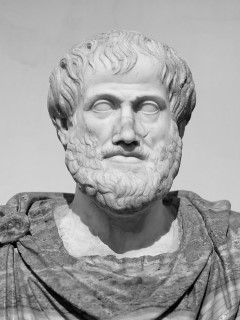
Publication details
Year: 1990
Pages: 215-238
Series: Synthese
Full citation:
, "Descartes and some predecessors on the divine conservation of motion", Synthese 83 (2), 1990, pp. 215-238.


Descartes and some predecessors on the divine conservation of motion
pp. 215-238
in: Synthese 83 (2), 1990.Abstract
Here I reexamine Duhem's question of the continuity between medieval dynamics and early modern conservation theories. I concentrate on the heavens. For Aristotle, the motions of the heavens are eternally constant (and thus mathematizable) because an eternally constant divine Reason is their mover. Duhem thought that impetus and conservation theories, by extending sublunar mechanics to the heavens, made a divine renewer of motion redundant. By contrast, I show how Descartes derives his law of conservation by extending Aristotelian celestial dynamics to the earth. Descartes argues that motion is intrinsically linear, not circular. But he agrees that motion is mathematically intelligible only where divine Reason moves bodies in a constant and eternal motion. Descartes strips bodies of active powers, leaving God as the only natural mover; thus both celestial and sublunar motions are constant, and uniformly mathematizable. The law of conservation of the total quantity of motion is an attempt to harmonize the constancy derived a priori with the phenomenal inconstancy of sublunar motions.
Cited authors
Publication details
Year: 1990
Pages: 215-238
Series: Synthese
Full citation:
, "Descartes and some predecessors on the divine conservation of motion", Synthese 83 (2), 1990, pp. 215-238.



